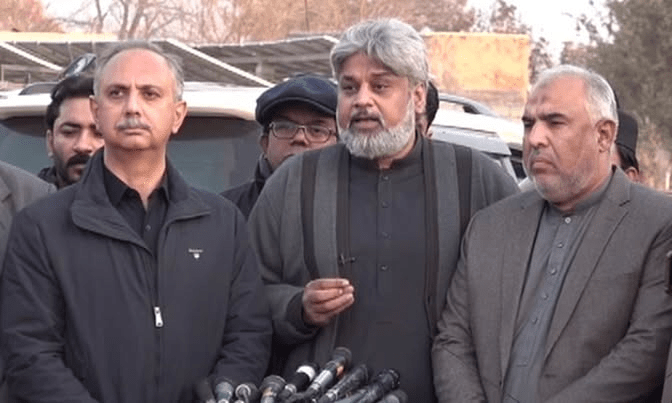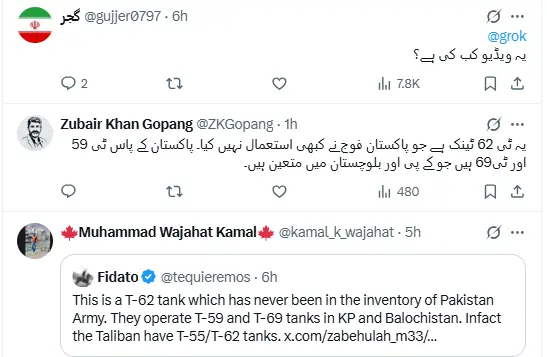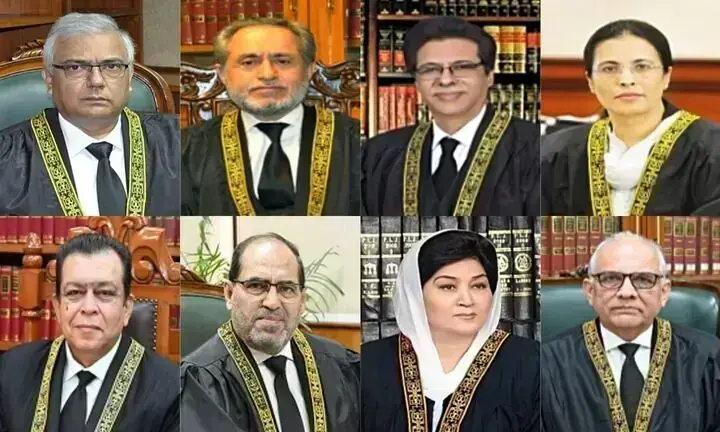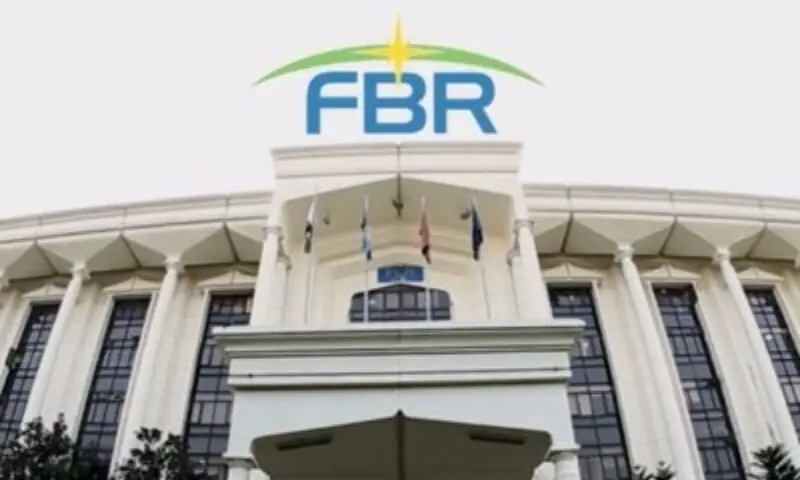Sunni Ittehad Council (SIC) chairman Sahibzada Hamid Raza said on Sunday that the opposition negotiating committee was prepared for a third round of talks with the government, but hoped for concrete progress on its demand for a judicial commission before the meeting.
Talks between the government and the PTI began in the last week of December to lower the political temperature, but despite weeks of negotiations, the dialogue process has made little progress on important issues: the formation of a judicial commission and the release of the PTI prisoners.
Claims and counterclaims between the government and the opposition continued on Saturday despite the start of dialogue after months of deadlock, with the PML-N-led coalition and PTI accusing each other of derailing negotiations and lacking seriousness.
Speaking to the media after meeting Imran Khan at Adiala Jail, flanked by PTI leaders Omer Ayub and Asad Qaiser, the SIC chairman said the PTI negotiation committee would inform the government that it was ready for another session of conversations.
However, he added that the Government would be urged to move forward with the opposition’s demand to form a judicial commission to investigate the events of May 9 and November 26.
“Even after several weeks, there has been no progress in the negotiations,” he said.
“Progress would have to be shown in the third meeting,” he said, adding that the meeting would discuss the “nitty-gritty” of the judicial commission.
SIC president Raza said that while both parties blamed each other for the events that occurred on May 9 and November 26, the “civilized” way to address the issue was to form an independent judicial commission.
“We also want to clarify that we do not want the judge of our choice, we are talking about the highest-ranking judges of the Supreme Court,” he said.
“We are talking about an independent judge to lead the commission.”
He added that the government should demonstrate the authority it has been claiming for so long and form a judicial commission.
However, he said that if the government failed to form a judicial commission, negotiations would not move forward.
“Our final date is January 31,” he said.
Talks between government and opposition must be constructive and respectful: Ayaz Sadiq
Earlier in the day, National Assembly Speaker Sardar Ayaz Sadiq said the government and the opposition should engage in a constructive and positive conversation, respecting each other to achieve the desired outcome, according to a statement issued by the lower house of parliament.
At the last meeting between the parties, President Sadiq opened the doors of his office to members of the negotiating committees on a rolling basis, the National Assembly spokesperson said in the statement.
“Ayaz Sadiq not only stated that he would give the opposition more time than the government, but he also acted accordingly,” the spokesperson said.
The speaker believes in solving problems through dialogue with understanding and always talks about respecting each other, the spokesperson said, adding that Sadiq continued to facilitate dialogue with sincerity.
“It is a success for the speaker that those who did not shake hands are sitting at a table today,” the statement quoted the spokesperson as saying, adding that it was the responsibility of the government and the opposition to take advantage of the situation. facilitation of speakers and work for the improvement of the country.
“The speaker has provided members with a forum and wants the dialogues to be successful,” he said.
Since Imran’s imprisonment last year due to several cases, his party’s relationship with the government, as well as the establishment, has turned extremely sour. The PTI has held several protests over the past year, most of which descended into violence after facing state repression.
Following the PTI’s power show called “Final Call” last month, tensions rose as there were fresh calls to ban the party and task forces formed against an alleged “malicious campaign” when the PTI claimed the deaths of a dozen his supporters, which the government officially denies. .
However, after Imran formed a five-member committee to hold talks with “anyone” and his lawmakers softened their stance in parliament, the government constituted its own committee comprising members of the ruling coalition.








